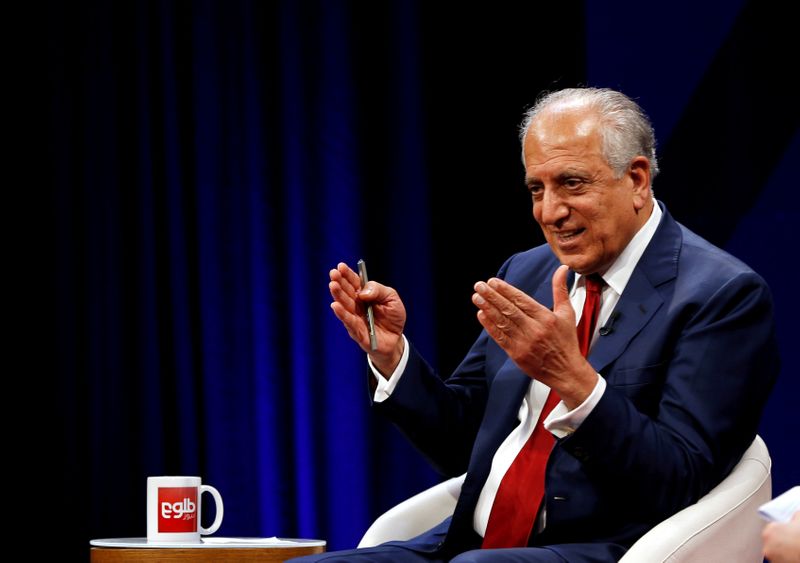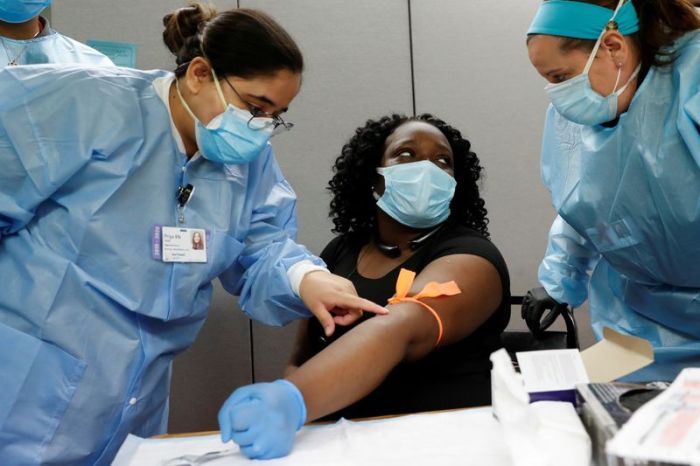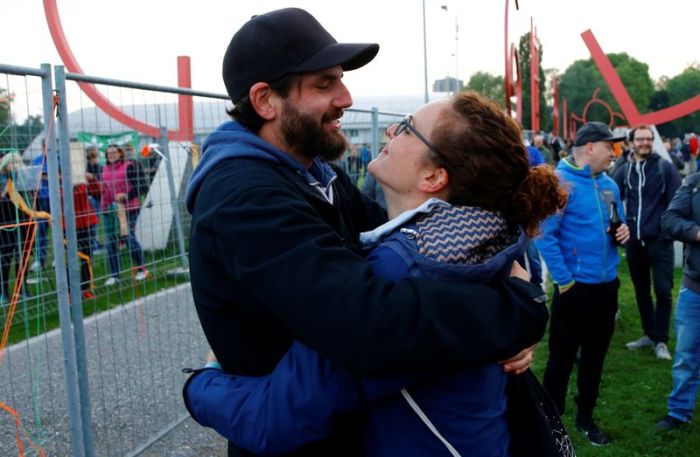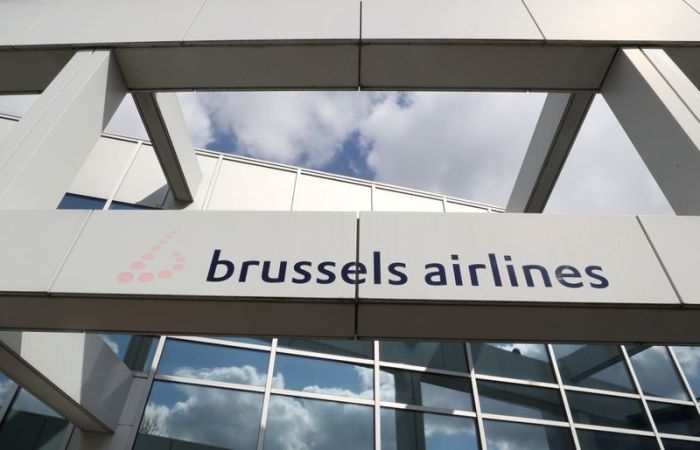WASHINGTON (Reuters) – A new date for intra-Afghan peace talks is under discussion and the United States has heard positive reports about the formation of an inclusive Afghan government, U.S. Special Representative Zalmay Khalilzad said on Friday.
Speaking to reporters on a conference call, Khalilzad said it would be best if intra-Afghan talks began while there is still a significant U.S. military presence in Afghanistan and that he would soon travel to push for a de-escalation in violence and the release of prisoners.
The pace of prisoner releases and disagreements over the Afghan government’s composition have helped delay intra-Afghan talks, which were to begin on March 10 under a Feb. 29 U.S.-Taliban agreement for the withdrawal of U.S. troops.
Two attacks in Afghanistan on Tuesday have raised questions about whether the U.S. peace effort may collapse. One attack, on a Kabul hospital’s maternity ward, killed 24 people, including two babies. Another, at a funeral in eastern Afghanistan, killed 32.
Khalilzad repeated the U.S. assessment that an affiliate of the Islamic State (ISIS) militant group was responsible for both attacks. Afghan officials, however, have blamed the Taliban for the bloody hospital attack despite the militant group’s denials.
“There are forces such as the ISIS that doesn’t see peace in Afghanistan in its interest and are trying to increase violence to undermine the prospects for peace,” Khalilzad told reporters. “We are urging both sides not to fall into that trap but indeed to cooperate against terrorists including ISIS. So, we want this to happen as soon as possible when now, we’re still there in a significant way.”
The key provisions of the Feb. 29 agreement – to which the Afghan government was not a party – involved a U.S. commitment to reduce its military footprint in Afghanistan to 8,600 by mid-July.
The Pentagon said on Friday that the United States is continuing its drawdown of troops from Afghanistan and is expected to meet a timeline that had been agreed upon with the Taliban.
“That is still going forward. We expect to meet that within the timeline laid out under the agreement with the Taliban,” Pentagon spokesman Jonathan Hoffman said during a press briefing.
(Reporting by Arshad Mohammed and Jonathan Landay; Additional reporting by Idrees Ali; Editing by David Gregorio and Leslie Adler)

























